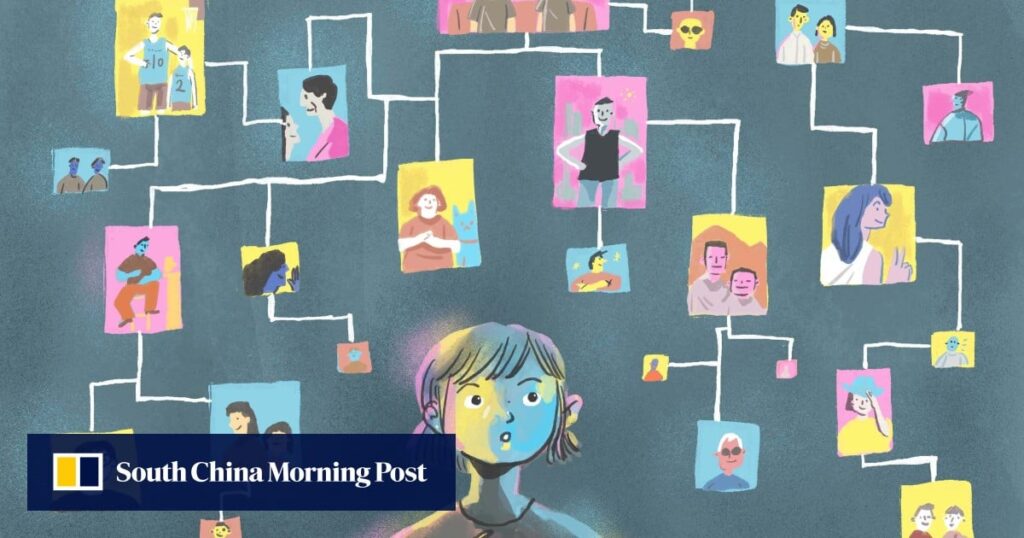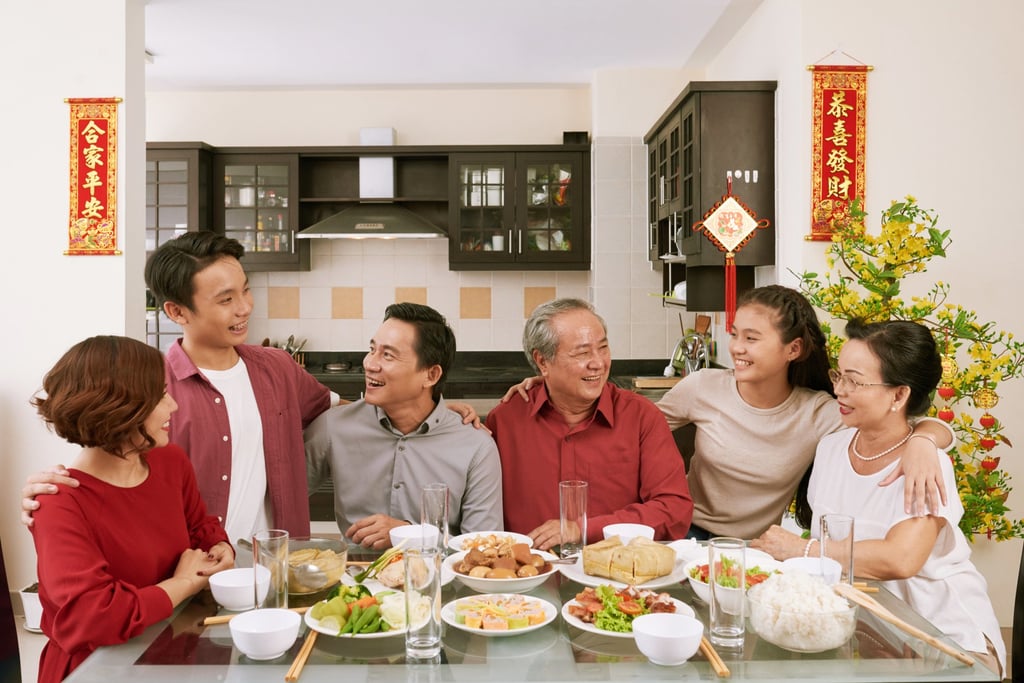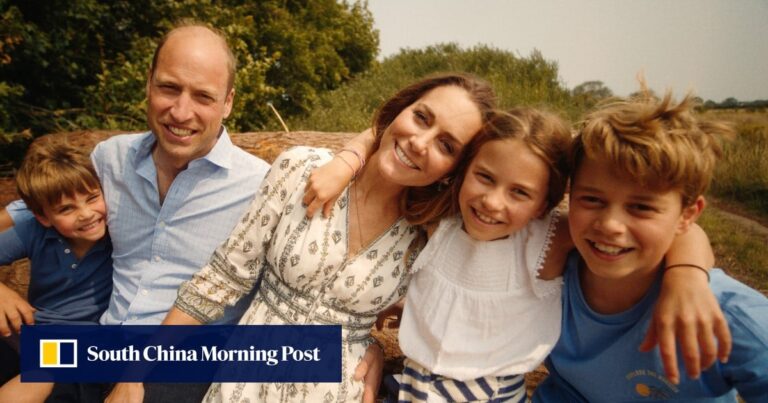
One of the most basic but important parts of Chinese etiquette is knowing how to greet your older relatives correctly.
Ancient Chinese society placed a strong emphasis on hierarchy and respecting seniors, something that continues to be observed in contemporary Chinese culture.
The practice of a verbal greeting, often combined with a hand gesture, can be traced back to a collection of ancient Confucian texts – Zhouli (The Rites of Zhou), Yearly (The Book of Etiquette and Ceremonial) and Cook (The Book of Rites) – that depict Chinese ceremonies and etiquette.
For example, when greeting your father’s older sister’s husband in Cantonese, you would call him gu cheungwhereas your mother’s older sister’s husband would be called yi cheung. Both are your uncles by marriage, but they do not have the same term.

There are also very strict distinctions between blood relatives and relatives formed by marriage, as well as between paternal relatives and maternal relatives, according to “A Comparative Study of Chinese and Western Greetings from the Perspective of Politeness Principle”, published in the journal IRA Academico Research.



